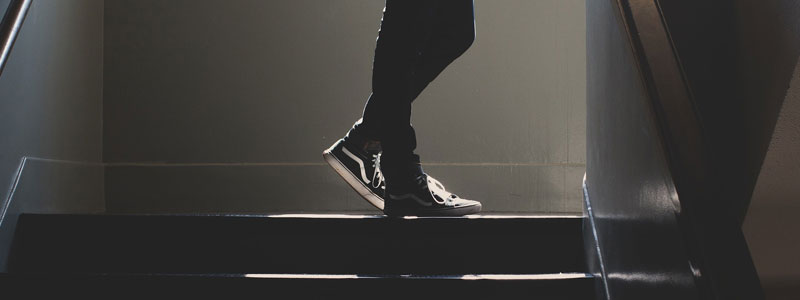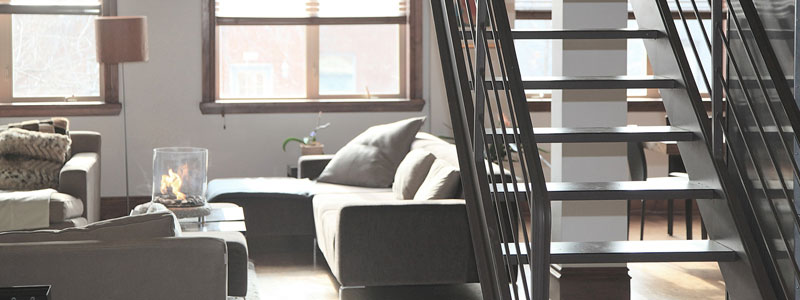Is My Evansville Landlord Responsible for My Slip and Fall Injury?

Let’s say you moved into an affordable apartment despite seeing a few maintenance issues in the stairwells and other common areas. Everything seems safe until it starts to rain one day; there’s no mat inside the door and the tiles become slick with everyone’s wet shoes bringing in water. Your hands are full of groceries and because you duck inside quickly, you don’t have time to catch your balance when you hit the slick spot. You can imagine where the story goes from here.
You don’t own the apartment, much less that common area. Shouldn’t your landlord pay for your injury expenses, since it’s their property? As it turns out, only rarely are landlords of rental properties liable for injuries that occur on their premises.
Even so, you may be able to better understand your case and determine whether your landlord is liable with the following questions.
Where Did You Fall?

In slip and fall cases, juries will tend to rule that the victim should have just been more careful. The key to winning your case is to prove your landlord is guilty of negligence in some form or another. Though it’s hard to do, certain situations are clearly negligent and deserve compensation.
Inside Your Apartment
Despite not owning your individual apartment, your lease may contractually obligate you to report dangerous situations (like leaks or a damaged floor) and give your landlord reasonable time to come fix them. If this is the case, you must be able to prove that you both reported the event and received no assistance from the landlord or maintenance staff to have a case at all.
Somewhere Outside Your Apartment
On the other hand, if you fall outside your apartment, like in our story, it may be easier to prove landlord negligence. For example, the sidewalk outside can become icy or snowy in the winter. Usually, apartment complexes say they will shovel and/or salt these public areas reasonably often. If you can prove a dangerous patch of ice caused your fall several days after it formed, this may be evidence of negligence.
Other pieces of public property like the stairwell are more difficult to prove landlord liability on. Only if the property is built improperly or damaged in a critical way will it be possible to start claiming your injury was caused by your landlord’s negligence. Slipping on a foreign substance on the stairs, like water from a dripping pipe, is usually not grounds for a lawsuit against your landlord.
Did You Document the Accident?

Regardless of whether you have a case against your landlord, you should immediately take pictures of the area where you fell, the cause or source of the problem, your clothing and shoes, and any other relevant information around the accident scene. Should your case go to court, these pictures will help prove the conditions were as you described in an accident report.
Without this information, your case will become simply your word against your landlord’s. Even in cases where you think the property owner’s liability is clear, pictures help identify the scene exactly as it was in the moment of the accident, against any reasonable doubt.
Did You Contact an Attorney?
Slip and fall cases are difficult to win regardless of whether you ask for help or not. However, hiring an experienced personal injury attorney to prepare your case may greatly increase your chances of winning compensation. Contact Hensley Legal Group today for a free consultation of your slip and fall accident and to find out if your case may be worth pursuing.